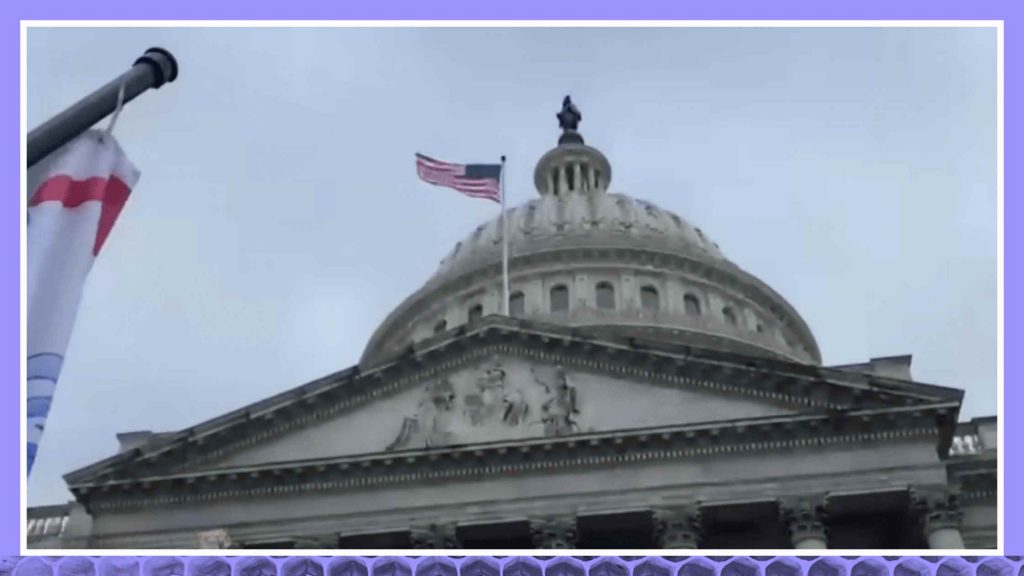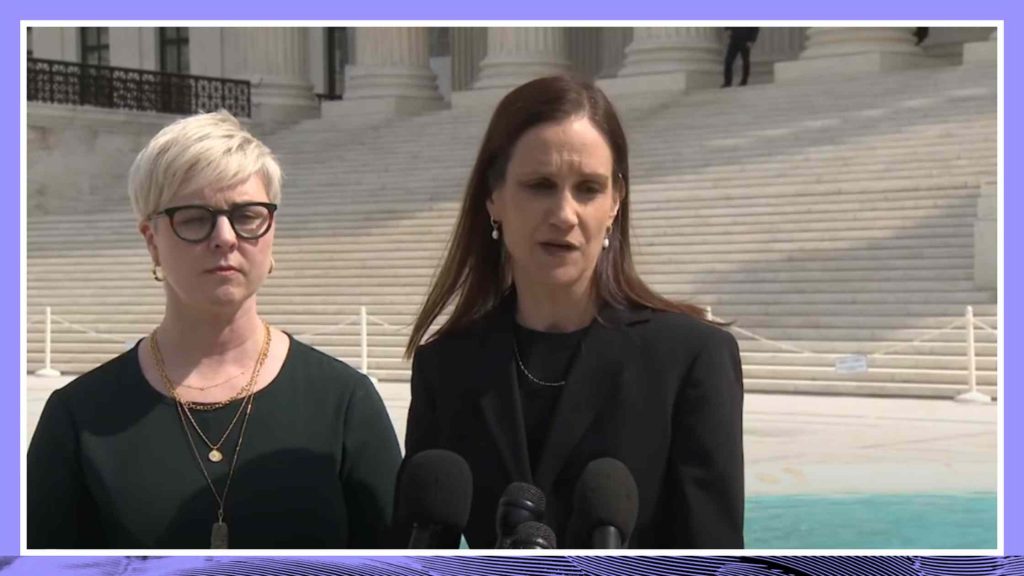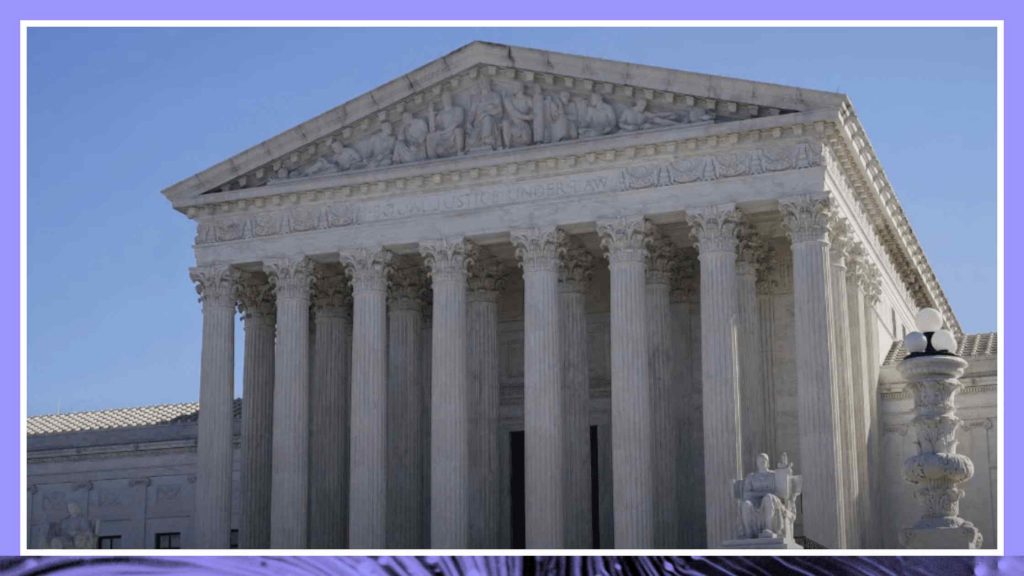Jan 18, 2024
How a Case Involving a Small Fish Could Have Big Implications on Federal Regulations Transcript

The Supreme Court is deciding if a group of East Coast fishermen should be required to pay for a costly monitoring system on their boats. The outcome could have enormous impacts far beyond the fishing industry. Read the transcript here.
Transcribe Your Own Content
Try Rev and save time transcribing, captioning, and subtitling.
The Supreme Court today heard arguments about whether a group of Atlantic herring fishermen should be required to pay for a costly monitoring system on their boats or whether that requirement is governmental overreach. But as William Brangham reports, the outcome of this case could have enormous impacts far beyond the fishing industry.
William Brangham (00:21):
At issue here is what’s called the Chevron deference, it’s named after the oil and gas company whose case created this legal precedent. It says, “If there is a dispute over some ambiguous regulation, the deference should go to the government agency whose experts wrote the rule.” That’s what those fishermen are arguing against, and they’re being supported by industry groups who also want to curtail regulation. If Chevron is knocked down, it could upend rules governing nearly every slice of American society, healthcare, environmental, and workplace protections, public education, banking, and more. To understand what’s at stake, we are joined again by NPR’s Carrie Johnson, who is at the court for today’s arguments. Carrie, thank you so much for being back again. Sticking with this fisherman’s case, can you explain what the arguments were in their case and how Chevron was applied there?
Carrie Johnson (01:17):
These plaintiffs are a small group of fishermen based in the Northeastern United States, and a few years ago the Fisheries service put forward a regulation basically requiring them to have professional observers or monitors on their boats, sometimes on an overnight basis to make sure they were following the rules and a decree that they should have to pay for the monitors to the tune of about $700 a day, which they say is just too much money. They say it was never clear that Congress intended for them to have to pay, and so they took this case all the way to the Supreme Court arguing that the federal agency here had overreached against them.
William Brangham (01:55):
I see. So in that case, Chevron, the ruling was that the government agency wrote this rule, yes, it might be onerous on the fishermen, but that’s the rule and the agency gets to determine that.
Carrie Johnson (02:07):
That’s right. In this case, the lower courts determined that it was either a reasonable or a clear mandate under the law that these fishermen would have to pay. They firmly resisted that and took this case all the way up to the Supreme Court where it ended up today.
William Brangham (02:24):
You can see why business interests don’t like this idea of some agency basically winning every toss up ball over a fight over regulation. What is their broader argument about this deference principle?
Carrie Johnson (02:39):
Ultimately, they say that this is a matter of the executive branch of the government, unelected federal bureaucrats taking power that should belong to the United States Congress and to some extent, to federal judges who all along have interpreted the law and who can interpret these laws and these regulations just fine on their own without any input from federal agencies.
(03:01)
And they say that for many years now, almost 40 of them since this case was decided back in 1984, it’s really upended the balance of power between the branches and it’s put a lot of onus on small businesses like these fishermen and others to defend themselves against federal agencies when they have a hard time winning there. This case was supported not just by these small fishing industries, but a number of very large conservative legal foundations, groups like the Gun Owners of America, a trade group for e-cigarette manufacturers and others, just showing how sweeping this case could be if the Supreme Court ultimately decides to overrule that precedent from all those years ago.
William Brangham (03:48):
Let’s talk a little bit about that, because the opponents of overturning Chevron, many environmental groups, consumer protection groups and others like that, argue that this would in essence sow chaos. What is their argument? Why do they say Chevron should stay?
Carrie Johnson (04:03):
They basically argue that there’s a hidden agenda in this case beyond the herring fishermen who are the plaintiffs here, and that it’s, they want to paralyze or cripple the bureaucracy so that federal agencies cannot make rules on major problems in American life, things from air pollution and maybe eventually even artificial intelligence as Justice Elena Kagan raised today, to healthcare. And they say if you return these decisions to the hands of unelected federal judges, there are something like 800 of them around the country, it risks people’s Medicare and Medicaid programs, very complex programs that mean a lot to people’s lives being decided one way in one state and one way in another way in another state, and that could really sow chaos for people’s lives just in their personal pocketbooks as well as for environmental regulations and workplace protections. You just can’t have a system where the regs mean something in one state, it means something else halfway around the country.
William Brangham (05:07):
I know that in his confirmation hearings, now Justice Gorsuch expressed a great deal of skepticism, and I know some other conservative justices similarly have shown some antipathy to regulation. From your reading of the arguments today, what is your sense, do you think the majority, the conservative majority is going to strike it down.
Carrie Johnson (05:27):
We did hear deep skepticism from Justice Neil Gorsuch today. He raised a lot of very, very tough questions for the Solicitor General and Justice Brett Kavanaugh was also pretty skeptical, Justice Sam Alito along the same lines and Clarence Thomas asked a few questions too, but those, William, are four votes and I didn’t hear a clear fifth vote for getting rid of this precedent altogether. In fact, one of the Trump appointees, Justice Amy Coney Barrett raised the specter of getting rid of this precedent might mean inviting floodgates of litigation from thousands of litigants who’ve had their cases decided based on this principle over many years and that really swamping the courts and potentially the Justice Department too. So it’s not clear to me there are five votes to overturn this precedent altogether. It may be that the court compromises and chips away further at the precedent though.
William Brangham (06:21):
All right, Carrie Johnson of NPR, thank you as always.
Carrie Johnson (06:24):
My pleasure.
Transcribe Your Own Content
Try Rev and save time transcribing, captioning, and subtitling.






